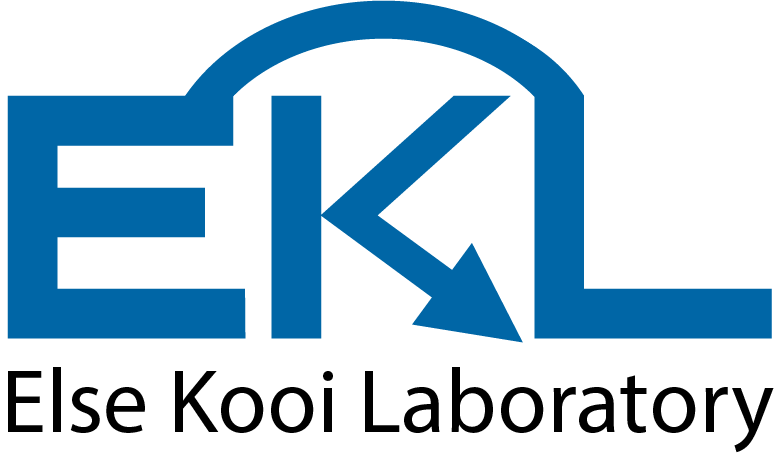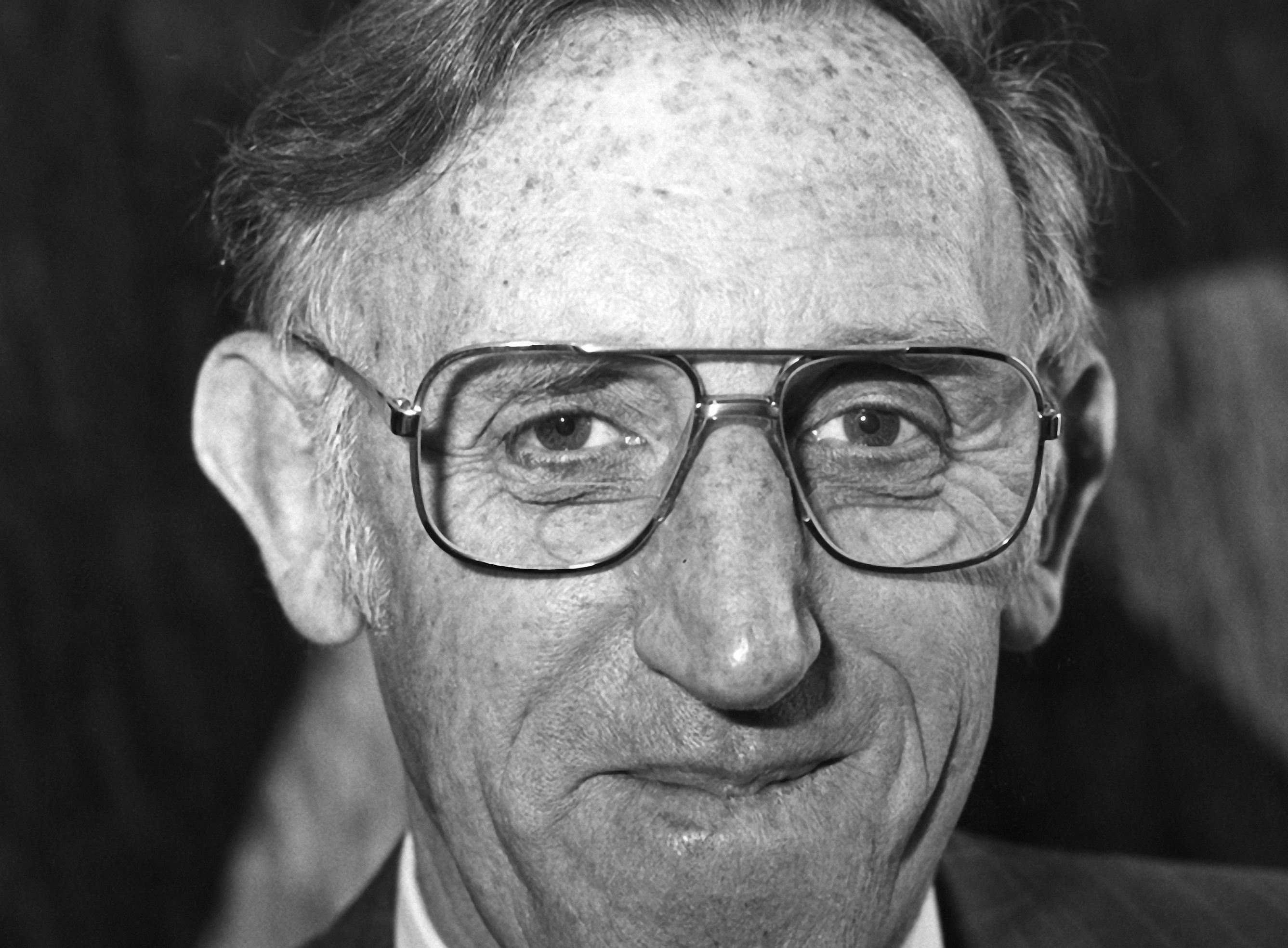New name for revitalised Dimes Technology Centre: ‘Else Kooi Lab’
Starting in April, the Dimes Technology Centre, TU Delft's micro-manufacturing lab, will have a new name: Else Kooi Lab. The new organisation will focus on facilitating innovative scientific research, such as the development of organ-on-chip technology and micro-electromechanical systems (MEMS). The Else Kooi Lab also aims to forge new links with the business community in order to make a major contribution to industrial innovation.
Its long history as the Dimes Institute for Microsystems and Nanoelectronics which started in 1987 means the Else Kooi Lab (EKL) has a wealth of experience in facilitating innovative scientific research of many different kinds.
Director Carel van der Poel: “In terms of facilities, processes and expertise, the lab is superbly equipped for micro-manufacturing at the cutting edge of integrated circuits, micro-electromechanical systems and working with flexible substrates. The combination of these technologies is what makes our lab unique. One example is research into material properties at nano-scale. Recently, an electronically-controlled MEMS tensile tester was created on a single chip, on which a sheet of graphene was placed using a femto pipette.”
From innovation to industrial production
The Else Kooi Lab has an important role to play in the transition from innovative concepts to products with market potential. The following are just a few of the vary diverse projects being worked on:
- For minimally-invasive medical technology, sensors are rolled onto flexible substrates to enable them to fit on the tip of a catheter. These sensors enable in-situ measurements of blood pressure and blood flow, for example in the heart.
- For the chemicals industry, nano-reactors are being developed for catalysis research under high pressure in a transmission electron microscope (TEM).
- Research in the field of organs-on-chips. For this, functional organ cells formed from stem cells are placed on MEMS measurement structures. The chips can significantly accelerate the development of new drugs and treatments for diseases.
- EKL is a participant in the European ECSEL project ‘InForMed’. This project involves developing and testing a model of how collaboration between scientific institutes and industry can be optimised. Two medical devices are being developed for this project at EKL.
Carel van der Poel: “In implementing the processes, what really matters is quality, speed and flexibility. In the lab, customers and users can conduct research into new technologies and materials, try out innovative concepts and create prototypes. The lab does some small-scale production of its own, as well as collaborating closely with large-scale manufacturing organisations.”
Education with hands-on experience
Traditionally, the Else Kooi Lab has had a high focus on education. Students, doctoral candidates and staff from Dutch and international universities and various companies are trained here to gain hands-on experience in a clean room.

Else Kooi
The lab takes its name from Dutch chemist Else Kooi (1932-2001), who was a perfect example of someone who built bridges between scientific research in silicon technology and industrial innovation. While working at Philips Physics Laboratory in 1966, he developed the micro-manufacturing process LOCal Oxydation of Silicon (LOCOS), now widely used in industry. After retiring, he became consulting professor at the Center for Integrated Systems at Stanford University and advised semi-conductor companies on innovation and patents. Else Kooi was awarded an honorary doctorate by TU Delft in 2000.
More information about the Else Kooi Lab can be obtained from Dr Carel van der Poel (Director), +31 (0)15-2786234, info@ekl.tudelft.nl.
Copyright free information materials can be obtained from C.C.G. Visser (information department), +31 (0)15-2781787, c.c.g.visser@tudelft.nl, or via the website: www.ekl.tudelft.nl.
